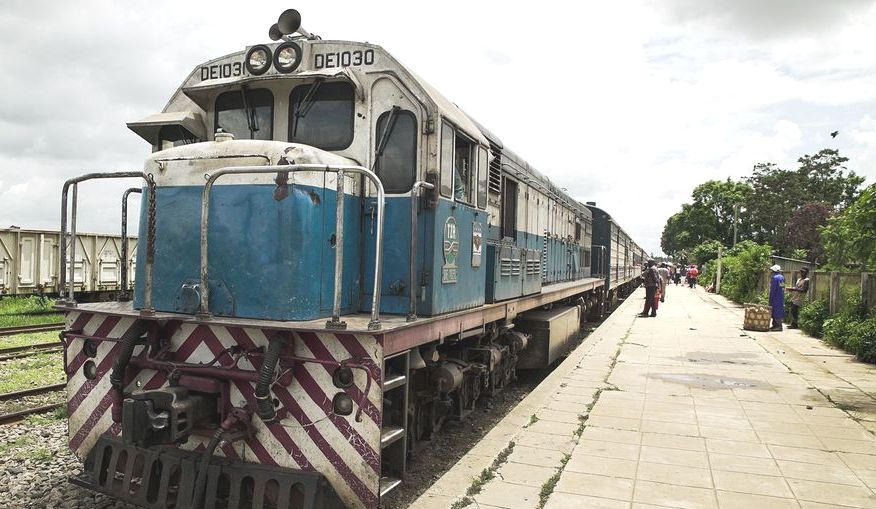Chinese agree to overhaul TAZARA in major win for Tanzania and Zambia
 Years of under-investment and neglect, has resulted in the railway suffering from poor maintenance and operational inefficiencies, leading to a decline in market share and utilization. In February 2024, the China Civil Engineering Construction Corporation submitted a proposal for an upgrading.
Years of under-investment and neglect, has resulted in the railway suffering from poor maintenance and operational inefficiencies, leading to a decline in market share and utilization. In February 2024, the China Civil Engineering Construction Corporation submitted a proposal for an upgrading.
After nearly a decade of back and forth negotiations, the Chinese government has finally agreed to pay for the overhaul of the 1800 kilometre single-track Tanzania-Zambia railway (TAZARA) line. No financial details have been revealed, but feasibility studies are already completed.
Chief witnesses to the signing of an initial agreement on the sidelines of the recently concluded China-Africa Summit in Beijing, were Presidents, Xi Jinping, President Samia Suluhu Hassan of Tanzania and President Hakainde Hichilema of Zambia.
In February 2024, the China Civil Engineering Construction Corporation (CCECC) submitted a proposal for the upgrading of TAZARA to standard gauge, as well as for a concession to operate the line.
TAZARA was built by the Chinese nearly 50 years as a show of solidarity with the so-called frontline states intent on dismantling the Apartheid regime in South Africa. TAZARA made it possible for Zambia to ferry its copper exports through this alternative route and halt dependency on South African ports.
Completion of the works will see the revitalization of the railway line from the port of Dar Es Salaam to Zambia’s copper belt at Kapiri-Mposhi town. China completed the construction of TAZARA in 1976. However, due to years of under-investment and neglect, the railway suffered from poor maintenance and operational inefficiencies, leading to a decline in market share and utilization.
With China’s agreement to invest in the project, Dar Es Salaam port management can step up efforts to become a key hub for Zambian copper exports. Chinese companies have been making large investments in Zambia’s copper-belt, as the global race for electrical vehicle dominance intensifies.

 COMESA roots for better protection of airline passenger rights
COMESA roots for better protection of airline passenger rights
 Credit squeeze in first six months dampens Kampala property market
Credit squeeze in first six months dampens Kampala property market
 India’s Adani Group foray into regional logistics raises controversy
India’s Adani Group foray into regional logistics raises controversy
 All set for Uganda’s inaugural Kiira Motors e-Mobility Expo this Friday
All set for Uganda’s inaugural Kiira Motors e-Mobility Expo this Friday
 Rising anxiety as Eritrea bans Ethiopian Airlines flights
Rising anxiety as Eritrea bans Ethiopian Airlines flights
 Taag Angola doubles cargo capacity to Lagos, Brazzaville and Johannesburg
Taag Angola doubles cargo capacity to Lagos, Brazzaville and Johannesburg
